
During October, the threat of clogged drains becomes ever more present. In a bid to combat this, you may have heard of a simple 'trick' involving pouring vinegar down them to get things moving again.
Here, our experts explain exactly how it can help alongside regular outdoor cleaning of these vital areas, and how to properly and practically prepare for seasonal drain clogs.
Why you Shouldn't Pour Vinegar Down your Drains in October
When used specifically for maintenance, vinegar is one of the DIY drain cleaning solutions our professionals swear by.
'Vinegar can be a good drain maintenance tool,' says Aaron Adams, master plumber and CEO of Aaron Services. 'Bacteria and sludge can accrue in your drains, especially in the P-trap section of drains. A P-trap is the U-shaped part of your drain where water sits and acts as a seal against sewer gases. Because this P-trap is designed to hold water, it can be the first spot for sludge accumulation and bacterial growth.
'To maintain your drains with vinegar, just pour a small amount of vinegar and water down your drains and allow it to sit without running any additional water. Half a cup of vinegar and half a cup of water should do the trick. After pouring it down the drain, don't run any water in that drain for a few hours to overnight. You can do this once a month to reduce build-up and odors in your drains.'
The problems arise, though, adds Aaron, when vinegar is used to try to clear significant blockages.
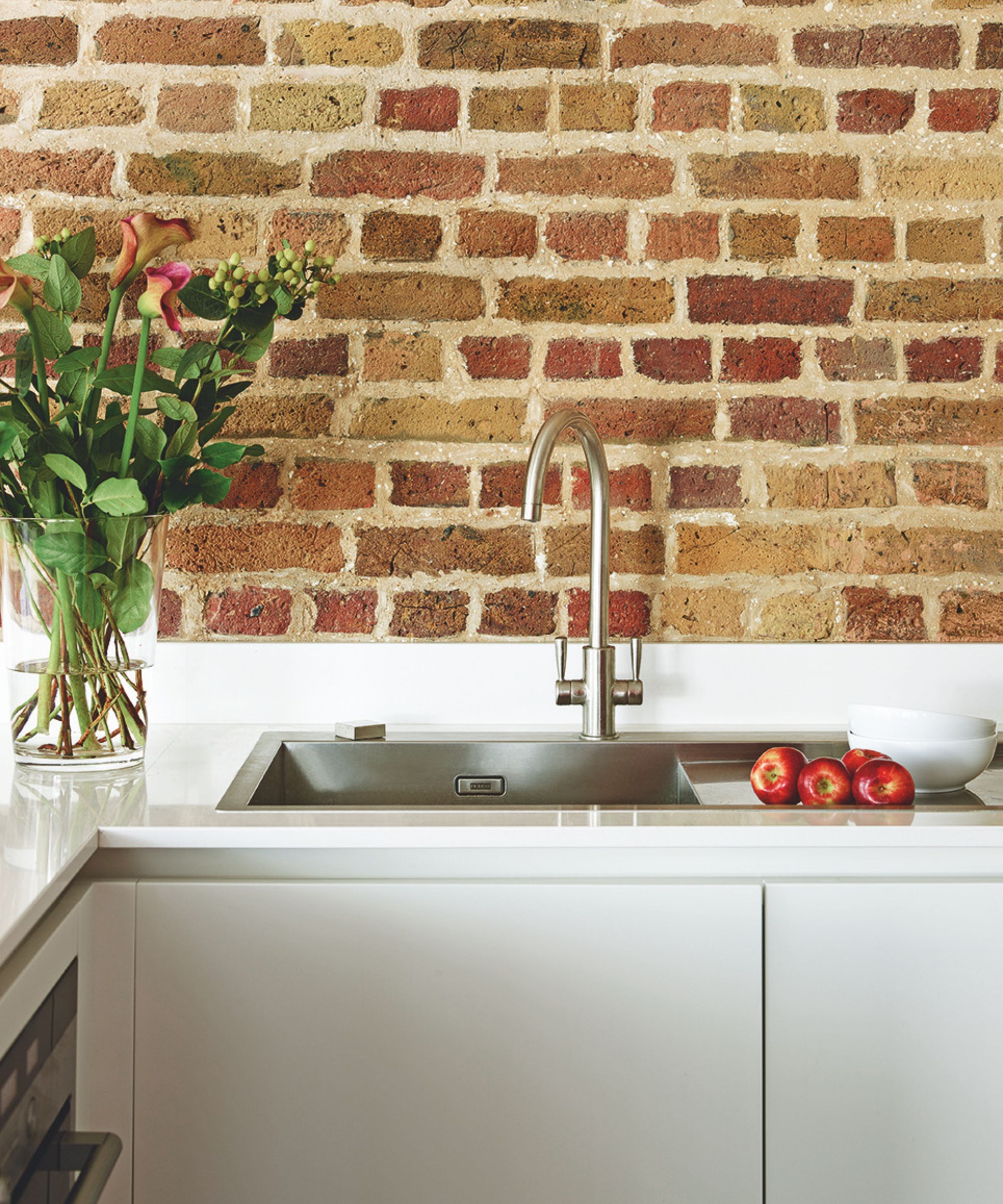
'Despite the current trend to recommend the fall October maintenance task of putting vinegar down drains, this is unlikely to assist in clearing a clogged pipe,' he explains. 'Vinegar isn't powerful enough to clear a blocked drain.'
While vinegar can help a drain along, it's not going to do the work of a plumber if the clog is bad.
'It should be used for maintenance, not clog removal,' advises Jim Parker, owner of Jim's Plumbing Now. 'That said, small things like soap or grease buildup can be cut back a bit by the acidity of vinegar. Mixing with baking soda helps shake the buildup loose even more.
'Most PVC pipes handle vinegar fine. Older metal lines don't. The acid can wear on them if you use it too often, so it's good to get them cleaned properly.'
How to Practically Prepare for Seasonal Drain Clogs
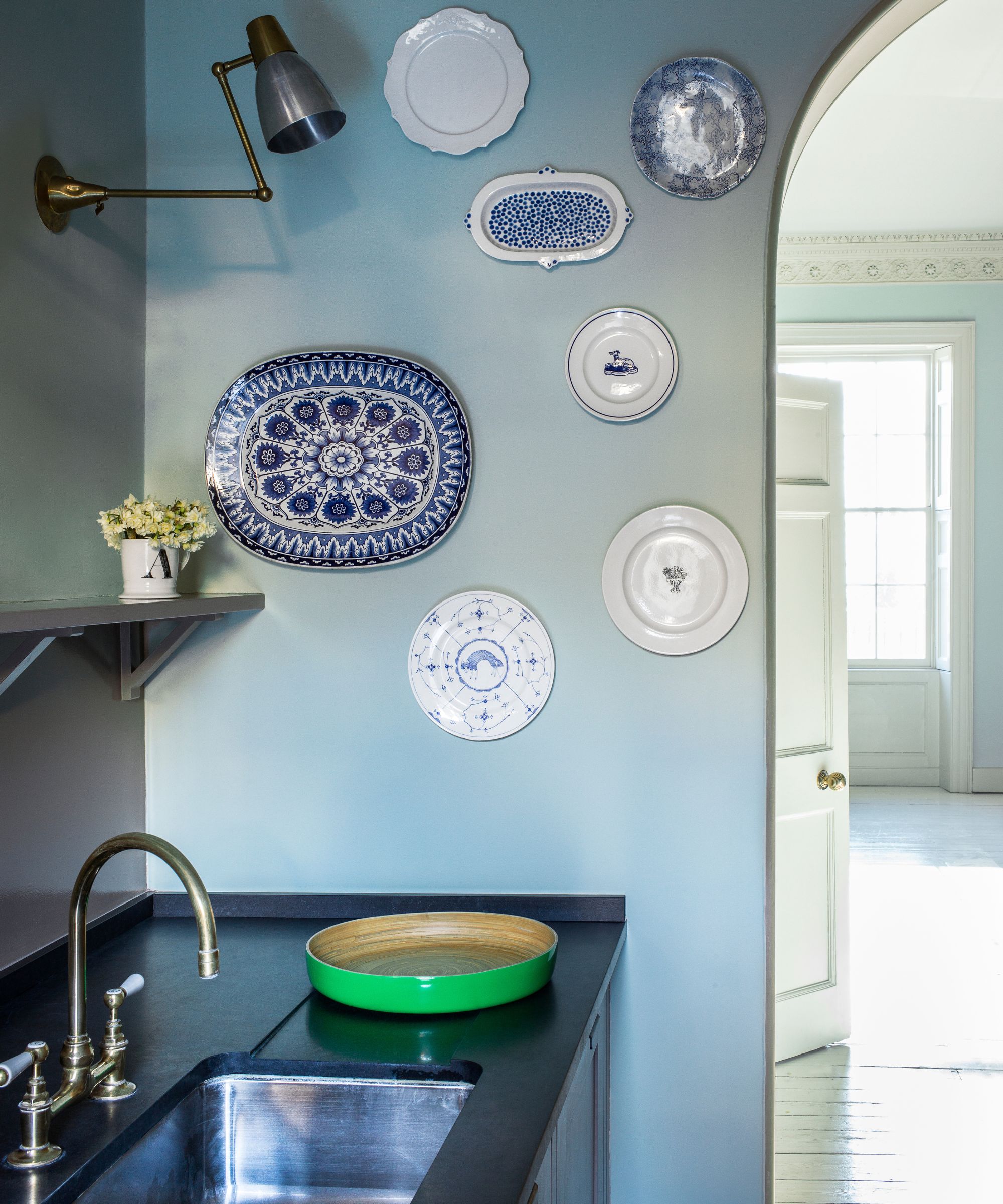
So, instead of using vinegar, it's best to consider some fall home maintenance tips instead.
'Homeowners often do not take the proper steps for preventative maintenance at the right time,' warns Eric. 'Completing annual drain inspections and taking proper preventative maintenance steps can help homeowners avoid issues altogether.
'The rain is coming! Your outdoor area drains will overflow and possibly cause water damage to your house. During the summer months, the roots have been growing in search of water. And because you flush your toilet and there’s water going down the drain pipes – and if the pipe is cracked or has some type of offset opening because of its age – the roots get inside the pipes. They needed a drink of water and they found it in the summertime.
'When the rainy season starts in October, it will reveal the lack of preparation from homeowners. Drain problems need to be avoided, and they can be avoided, by building a relationship with your local plumber and having the individual complete an annual inspection on your plumbing systems.
'Another smart practice to avoid clogging is to stop shoving all your food trimmings into the drain, expecting the garbage disposal to pull off a miracle. As we approach Thanksgiving and the seasonal cooking season, it's especially important to properly dispose of food waste. You will thank yourself in the long run for taking the extra time to put food in the trash once you get through the fall and winter clog-free!'
To that same end, don't forget to clean your garbage disposal, too, to stop a garbage disposal from smelling and avoid having to unclog a garbage disposal later down the line.
Plus, adds Kelly Russum, owner of KC's 23 ½ Hour Plumbing & Air Conditioning, while pouring vinegar down your drains doesn't work any better in October, if you're putting together an ultimate vacation home maintenance checklist, it won't hurt to pour some down to neutralize odors and make them a bit cleaner and fresher.
'To make the effect of vinegar more effective, follow with hot water and add a few tablespoons of mineral oil [such as the NSF Certified Food Grade Mineral Oil available at Amazon] that will block evaporation in the trap and keep sewer gases from entering the house,' he adds.
What to Shop
All prices were correct at the time of publication.
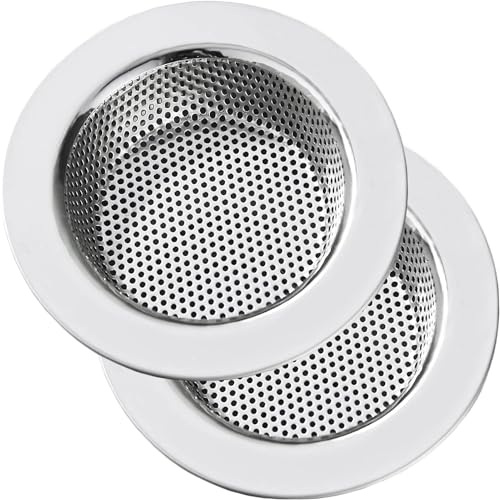
Pop this strainer in your kitchen sink to prevent any food-related clogs. It can easily be cleaned in warm soapy water, and is dishwasher-safe, too.
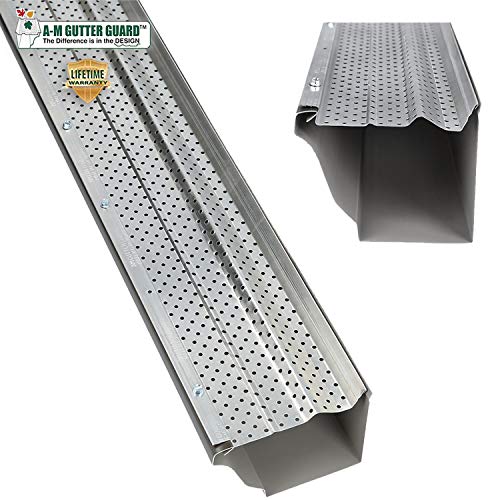
This gutter guard is designed to handle downpours with no rust, rot, or product deterioration. It's also pest, weather, and rust resistant.
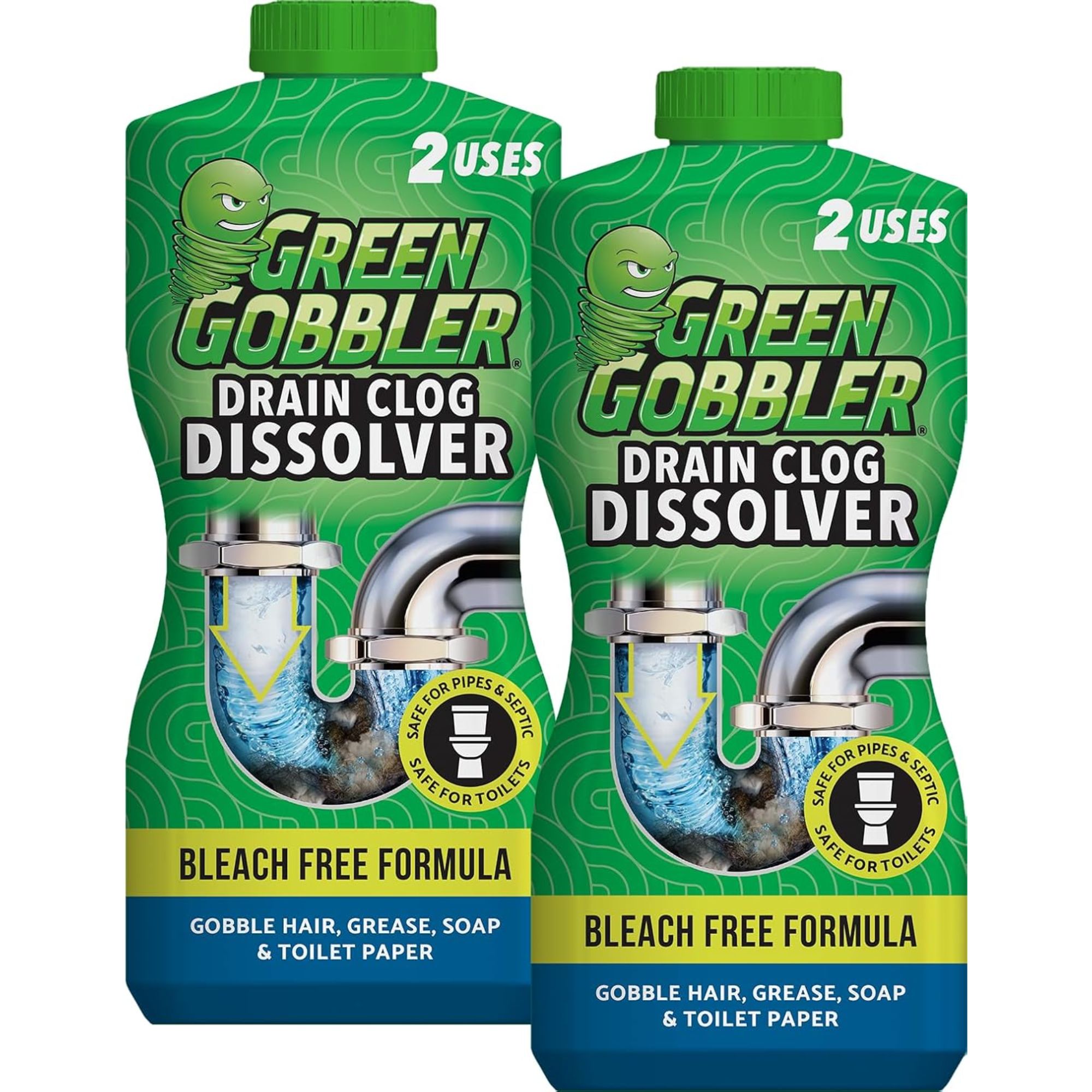
This odorless drain clog remover is safe to use in pipes, toilets, sinks, tubs, showers, and septic systems. It's also non-corrosive to plumbing.
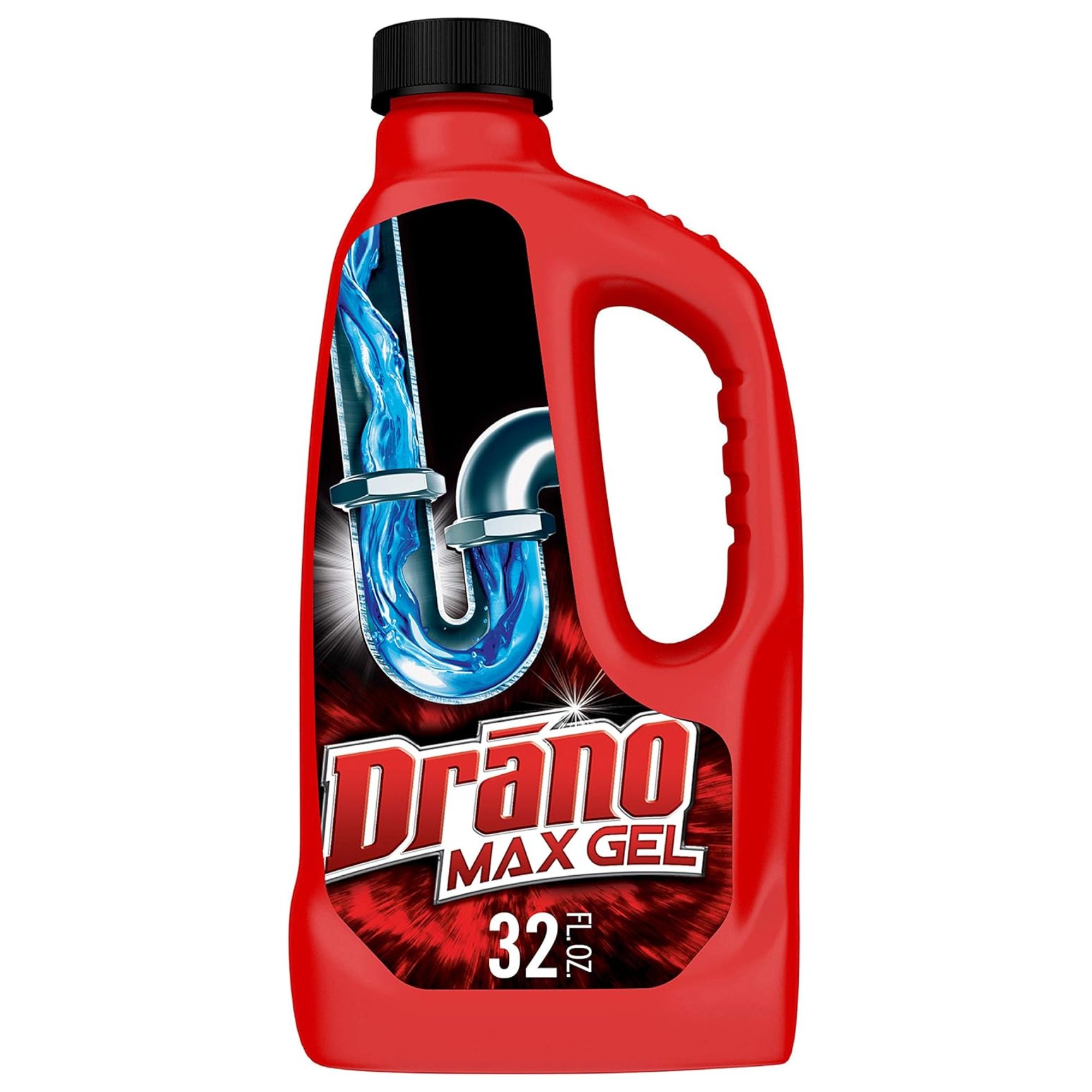
This unclogger gel starts working in as little as seven minutes, and pours straight through standing water to treat clogs.
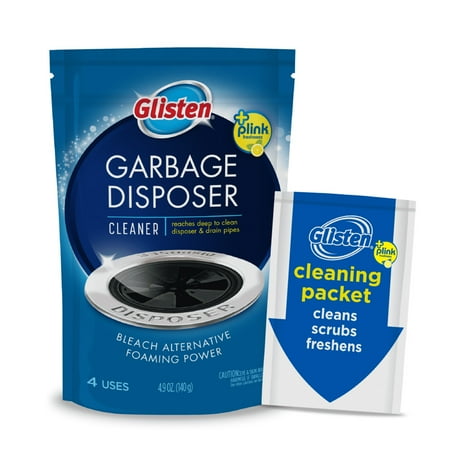
This foaming garbage disposal cleaner and deodorizer goes deep to help eliminate build-up and bad smells, adding a boost of fresh lemon scent.
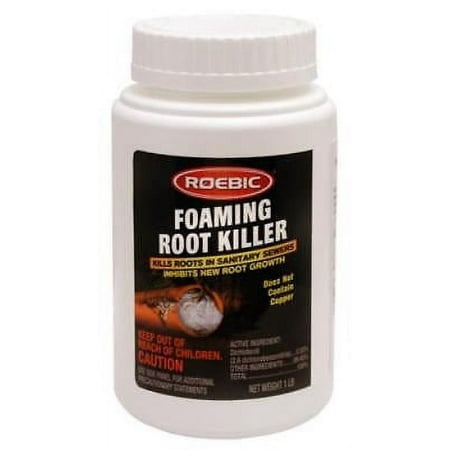
This effective killer fights recurring root issues, is suitable for all plumbing types, and won't harm trees.
Meet the Experts
Did you know that you can clean with vinegar to make household jobs non-toxic, natural, and even easier?







